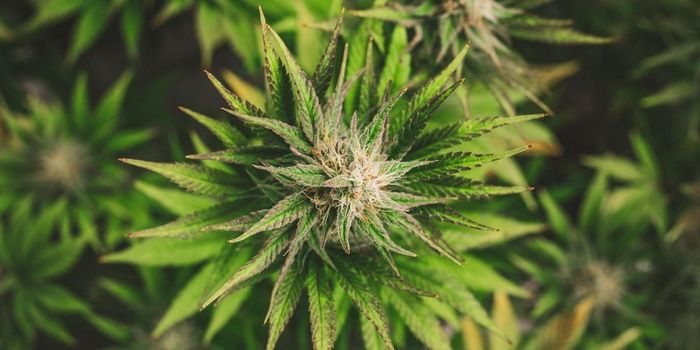Study Explores Differences in THC Metabolism Among Young Adults
A study conducted by the Medical University of South Carolina examined the effects of genetic differences on the role of tetrahydrocannabinol (THC) metabolism in young people. The findings published in Addictive Behaviors indicated that differences in how young adults metabolize tetrahydrocannabinol (THC) can impact the psychoactive compound’s influence and the potential risk for developing cannabis use disorder (CUD). CUD is characterized by difficulty in reducing cannabis use, and in extreme cases, it can interfere with daily functioning and physical and mental health.
Genetic differences in enzymes influence THC metabolism. Roughly one in four people possess a gene that causes enzymes to process THC less effectively than others and, therefore, increases the strength and duration of cannabis’s effects.
The researchers recruited 38 young adults ages 18-25 with CUD and 16 with a non-CUD substance use disorder. They classified them as either standard or slow THC metabolizers based on their gene variant. The research team collected blood samples from participants and evaluated gene variants for THC-metabolizing enzymes. The participants also completed a questionnaire to document their reported positive and negative effects from cannabis use, which the researchers used to correlate THC metabolism with the participants’ subjective effects.
Data analysis revealed that young females with CUD were more likely to be slow THC metabolizers when compared to young females with other (non-CUD) substance use disorders. This finding suggests that young females who metabolize cannabis more slowly may be at higher risk for developing CUD. Young adult males with a gene variant contributing to slower THC metabolism reported more negative effects during initial cannabis use that included concentration problems and drowsiness.
The study provides valuable insights into developing effective treatments for people struggling with CUD. In addition, the study sheds light on the role of metabolism and how genetic differences as more high-potency cannabis products become available.
Sources: Addictive Behaviors, Eureka News Alert, Medical University of South Carolina








